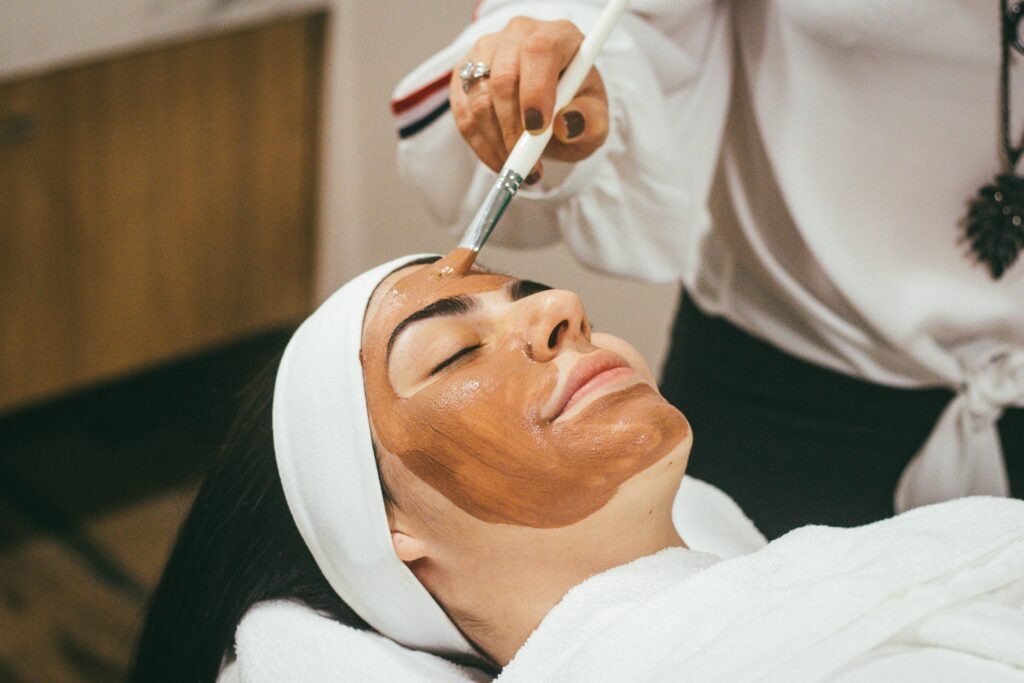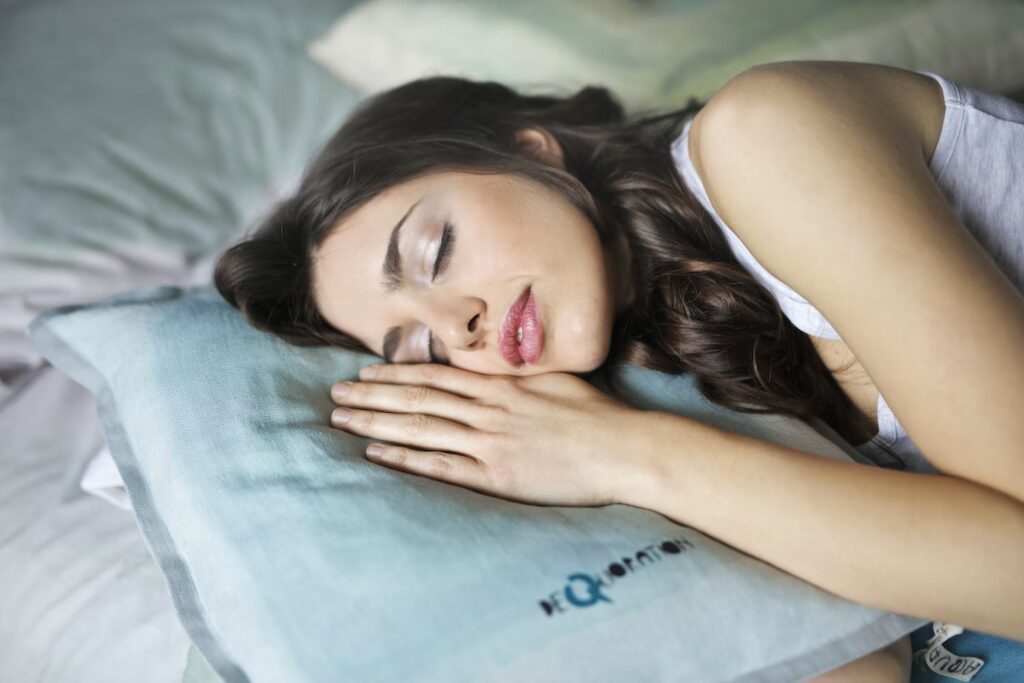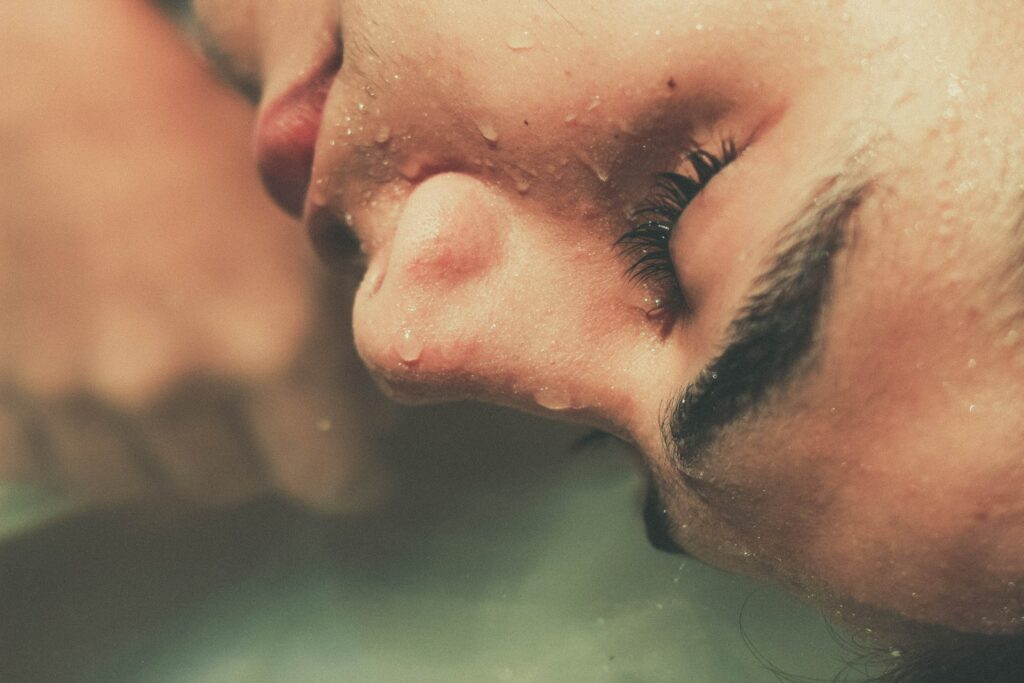Maintaining the appearance of the skin is crucial for the improvement of general health. In addition to cleansing, moisturizing, exfoliating, and protecting the skin from environmental damage, it involves a variety of small activities. A skin care regimen is all about keeping skin healthy, hydrated, and protected, and could help minimize wrinkles, blemishes, and other signs of aging.
Skin type and individual problems determine daily and weekly skincare routines. A basic routine includes cleansing the skin with a gentle treatment, moisturizing, and UV protection. Depending on the type of skin problem, additional steps may be added, such as exfoliation, serums, and facial masks.
It is possible to find skincare products with natural ingredients such as honey, aloe vera, and tea tree oil. There are also commercial products with active ingredients such as retinol, hyaluronic acid, and vitamin C. It also depends on the preferences of the person in terms of the products they choose.
Read more and find out why taking care of your skin is essential to maintaining healthy skin and can have a significant impact on both your physical appearance and your health.
Why is skin care important?

- Defend your body against harmful chemicals, pollution, and UV radiation, among others. Take care of your skin to protect it from damage and maintain its barrier function.
- The appearance of a person is influenced by the skin, it is one of the most visible parts of the body.
- Healthy skin evidences good health. It can reduce the risk of skin cancer, prevent skin infections, and promote healthy aging.
- Various skin conditions can be uncomfortable, even painful, such as dryness and itchiness. It is important to take care of the skin to reduce or avoid these discomforts.
- Your skin will be healthy, radiant, and comfortable if you follow a proper skincare routine.
Health benefits of skincare
Here are some examples of things you can do in addition to protecting your skin from routine damage:
- To prevent and control acne breakouts, a good skincare routine that includes regular cleansing and the use of non-comedogenic (non-pore-clogging) products is essential.
- Skin conditions, such as eczema and psoriasis, can cause itching, inflammation, and redness. To reduce symptoms and prevent breakouts, it’s important to maintain a consistent skincare routine, including gentle cleansing, moisturizing, and the use of fragrance-free products.
- The most common type of cancer is usually skin cancer. The risk can be reduced by using sunscreen and protective clothing.
- We lose the elasticity of our skin as we age. This causes wrinkles and age spots. Healthy skin can be achieved through treatments that include moisturizing and anti-aging ingredients, such as retinol and vitamin C.
In general, skin care can be beneficial for health and well-being. To determine which skincare routine will work best for you, it’s important to consult with a dermatologist and health professional.
The importance of maintaining healthy skin
People say that beauty is only skin deep; it’s what’s on the “inside” that counts. It is true that our interior is important, but our skin plays a vital role in protecting us from the outside world. You can learn a lot about your health from your skin. Keep your skin healthy so you can continue to take care of yourself.
There are various ways available to protect your body through the skin. The skin provides a barrier that protects the body from bacteria and other environmental hazards.
There are other roles that the skin also plays. Your skin alerts you to move quickly away from hot or sharp objects by using nerve endings. Body temperature is controlled by tiny blood vessels and sweat glands in the skin. Vitamin D is crucial for bone health and is produced by skin cells.
Health problems can also be detected by your skin. Symptoms of allergies and infections are usually associated with red, itchy rashes, while lupus is associated with red, “butterfly”-shaped rashes on the face. Moles that are darker or unusual may be a sign of skin cancer. It’s good to keep an eye out for unexpected changes in your skin and talk to your doctor if you have any concerns.

Precautions
Too much sun or dry conditions can make your skin too dry if you don’t drink enough fluids. When you wash your hands too much, especially with hot water and harsh soaps, it can dry out your skin. Whenever you bathe or wash your hands, use lukewarm water instead of hot water to treat dry skin. And use a humidifier for dry spaces.
Your skin can also be damaged by the sun. Ultraviolet light from sunlight causes sunburn and accelerates skin aging, leading to more wrinkles and even skin cancer. Keep your skin protected from the sun. Avoid the sun in the early morning and late afternoon when the sunlight is strongest. Wear hats, sunscreen with an SPF of at least 30, and protective clothing.
The skin microbiome can be helpful in some cases. There is evidence that it helps boost the immune system’s ability to fight infection and keep you healthy. However, research is lacking to differentiate between microbes that help protect the skin and those that cause damage.
How to take care of your skin without products?
Social networks and the beauty industry place a lot of emphasis on buying products to perform all kinds of treatments. It even has a name: beauty shopping, where girls show off new products to try on their skin.
However, it is difficult to solve all skin problems with products. Here are unbottled skin care tips.
1. Limit your sun exposure
In addition to the protector, use the shadow in your favor.
Most of the aging of the skin is caused by the sun, in addition to having a greater possibility of skin cancer. It’s best to limit their exposure to the sun or seek shade when you hang out outside. It is also good to take care of your eyes in too bright environments.
2. Choose a satin or silk pillowcase to sleep on

Sleeping can cause wrinkles! A side sleeper may bury their face in the pillow, putting friction between the skin and the fabric. Due to prolonged sleep, we can develop wrinkles due to folds.
A silk pillowcase allows the skin to glide, minimizing the chances of wrinkles forming. It is also useful to prevent frizzy hair!
3. Stay hydrated
Drinking water doesn’t directly hydrate your skin, but it does help your entire body work more efficiently.
In addition to helping the liver remove toxins from the body, it also reduces swelling, aids kidney function, and may even be beneficial for skin conditions such as eczema and psoriasis.
What are some signs that you are not drinking enough water? Check your urine! Look for it to be the color of lemonade.
4. Eliminate sugar from your diet
It is possible to see the effects of added sugar and refined carbohydrates on your skin if these are your source of energy.
The body and the skin suffer too much with this diet. Too much sugar can cause inflammation, too many exfoliating acids can damage the skin’s protective barrier. This process produces an enzyme that attaches to collagen fibers and breaks them down, causing them to lose strength and flexibility.
You could also get related acne and/or rosacea if you are on the wrong diet.
During insulin surges, the sebaceous glands become overworked, causing acne to develop. Sugar and refined carbohydrates are not essential for a healthy diet, there are products to counteract them.
Could you take back control if your skin becomes more sensitive to sun damage, loss of elasticity, acne breakouts, and wrinkles and lines?
5. Do not pinch or touch
Despite the temptation to squeeze blackheads, you can damage your skin in the long run. It causes friction to push oil and bacteria into the pores, leading to a more aggressive type of acne.
Post-inflammatory hyperpigmentation can be caused by picking and squeezing. You don’t need to do any of that to get rid of acne!
6. Wash your face and bathe with lukewarm (not hot) water
When we wash our face or take a hot shower, we essentially “melt” our oil and this removes much-needed moisture from our skin.
It’s best to use lukewarm water for proper cleaning, so that the oils warm up a bit without removing them completely. For best results, massage your skin for one minute.
7. Keep your makeup brushes clean
In addition to old makeup, our makeup brushes collect bacteria, oil, dust, and sweat. Every time you apply makeup, all that crap essentially smudges around your face. This can cause inflammation, clogged pores, and acne.
8. Learn to deal with stress

We release cortisol when we are stressed or anxious. Our flight or fight response is activated by this hormone (good), but constant stress keeps it fatigued in overdrive (bad).
Our skin loses its glow when our cortisol levels rise because our skin’s ability to retain moisture decreases and encourages the overproduction of oils.
You may also notice redness or swelling on your face when you feel anxious or worried. There is an increase in blood flow under the skin due to dilation of the blood vessels.
9. Physical activity
We all know that sweating is good for our bodies, but it also has some benefits for our skin.
All our cells receive oxygen and nutrients when we move. It not only gives our skin an instant glow but also speeds up its healing process.
Exercising also reduces stress and therefore cortisol levels.
10. Don’t smoke!
During the heating process, tobacco releases free radicals that damage the DNA of skin cells, either through cigarettes or vaping. As a result, collagen and elastin break down.
The constrictions also rob the skin of vital nutrients, vitamins and oxygen. Those puffs of toxic smoke exhaled in the face can cause blackheads, especially around the mouth and cheeks.
It accelerates aging, dehydrates the skin, leaves dark circles under the eyes, breaks blood vessels and gives the skin a dull appearance over time. It has also been found that smokers heal more slowly than non-smokers. In other words, when you have pimples, they can take longer to heal, which can lead to post-inflammatory hyperpigmentation.
11. Get enough sleep
Sleep is restful! Cells regenerate and heal while we sleep.
Skin discoloration, thinning of the skin, and stretch marks are caused by the stress hormone cortisol, which decreases during sleep. In addition to increasing melatonin, the sleep hormone, sleep also acts as an antioxidant against fine lines, wrinkles, and skin cancer.
Sleep helps our faces look plump and wrinkle-free by producing new collagen. The last thing to mention is that we produce a large amount of human growth hormone while we sleep, which helps our bodies repair the damage they encounter each day.
Now that you know more about skin care, keep reading at EMC about other aspects of health:


